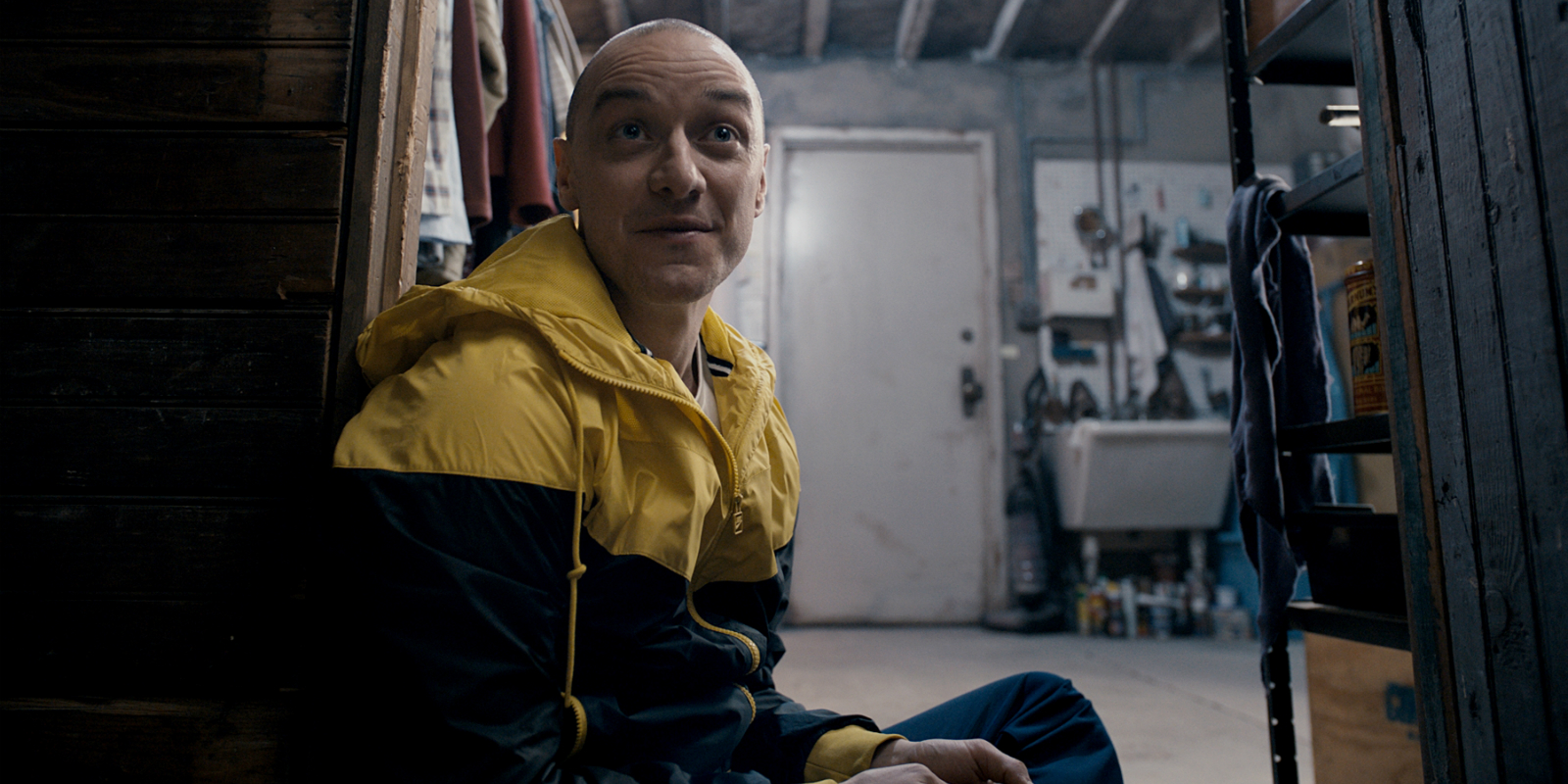At first I was extremely wary of this film. Anything which negatively dramatises the effects of mental illnesses or disorders is something I find uncomfortable to approach. Fortunately, Shyamalan’s portrayal of Dissociative Identity Disorder is initially empathetic enough to dodge the typical label of stigmatic ignorance. The overtly exaggerated elements he attaches to the disorder alleviates any confusion as to whether or not this is a thriller or an informative guide on the real day-to-day effects of the disorder. Surprisingly, I found myself extremely enjoying the film.
‘Shyamalan’s portrayal of Dissociative Identity Disorder is initially empathetic enough to dodge the typical label of stigmatic ignorance’
While the usual teeth-gritting suspense motifs of the classic thriller genre make themselves known, it is Shyamalan’s careful and persuasive amalgamation of psychological themes with the superficial portrayal of reality that truly makes this piece as successful as it is intriguing.
Flickering between personalities like the on-off of a sporadic lightbulb, James McAvoy’s enthralling performance is a far cry from that of the loveable Narnian half-breed we tend to associate him with. Meanwhile, Gioulakis’ dark and bewitching cinematography has as much of a captivating hold on us as Dennis wields over his female prisoners.
‘James McAvoy’s enthralling performance is a far cry from that of the loveable Narnian half-breed we tend to associate him with.’
Although this grip is loosened slightly by the introduction of the jarring supernatural themes towards the final ten minutes, it would be unfair to suggest that this film is not an invigoratingly unique horror wherein the majority of its terror lies in Shyamalan’s unsettled portrayal of reality. Without a doubt, Split is definitely one to watch over, and over, and over again.
Emily Moscrop
(Image courtesy of Universal Pictures)

